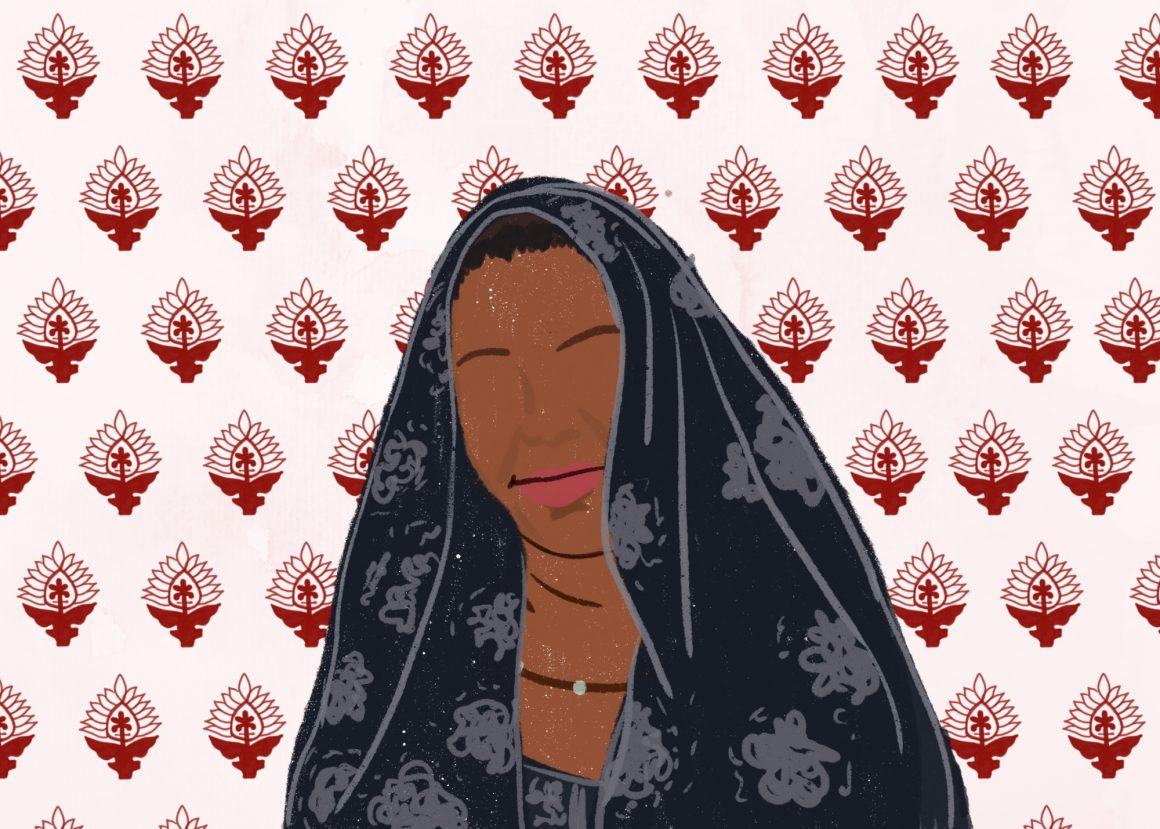
Caste-based discrimination in Canada? It’s more likely than you think
By Anjali Choudhary, March 31 2023—
India’s caste system is a millennia-old system of social stratification that continues to remain strong in the region, being the cause of hiring discrimination, marital barriers and even mob violence. As a result of immigration, attitudes supporting the caste system have also trickled into countries such as Canada and the United States. A system created to uphold a hierarchical division of labour, the caste system has been heavily criticized for perpetuating discrimination against those deemed as “lower caste.” Falling at the bottom of this hierarchy is the Dalit community, which faces bias and harm because of this classification.
“The Dalit community, which is supposed to be the lowest caste, is the most hierarchically oppressed group, relegated to the most ‘unclean’ caste-based occupations,” said Prachi Patankar, an anti-caste feminist and panellist for the University of Calgary’s Panel on Dalit-Bahujan Feminist Knowledges and Praxis. “This is why the Dalit communities are also classified as untouchable.”
Today, caste-based discrimination, and specifically the idea of untouchability, is technically illegal in India. However, attitudes that uphold this hierarchy and the discriminatory behaviours and actions that accompany it are ever-present. Patankar’s explanation of the continued strong presence of caste-based discrimination rests on the fact that this system is deep-rooted and internalized within people who benefit from the hierarchical system.
“The reason the caste-based system is so brilliantly oppressive in some ways is that each caste and each sub-caste is committed to keeping it alive [and] is committed to keeping it growing, because it is ingrained within people that your worth and your survival is dependent on subjugation of the cast below,” she said.
Attending school in Canada, many of us have briefly learned about the caste system in a high school social studies class. However, the harms of this system, especially to individuals in the Dalit community, are rarely discussed. With South Asians making up a large portion of the visible minority population in Canada, and India especially being a main source of immigrants, it is crucial to recognize and tackle the biases that accompany them.
“When people from India are coming to countries like Canada [and] coming to countries like the United States, it’s only a given that people will carry that caste-based understanding and caste prejudices with them,” said Patankar. “Most of the people who have come to Canada have been people who have come from the dominant castes. This is also because [they have] had access to academic institutions […] that send people to the United States or Canada, to be able to get jobs and to be able to have access to the institutions in North America as well.”
The deep-rootedness of this caste system is seen when Canadians use casteist terms nonchalantly, without knowing the harm they are perpetuating. A young Ontario university student, Gurpreet Singh, detailed his run-in with caste-based discrimination in 2022 to CBC and claims to face more discrimination from Indians in Canada than in his home in India. Singh, who belongs to the Dalit community, recalled his peers asking for his last name to identify his caste and using derogatory caste-based slurs against him.
Patankar also highlighted that a major method to uphold the caste system is through marriage, which plays upon internalized caste discrimination. Canada is no exception to this. The Samast Brahman Society of Canada is a private matchmaking Facebook group with over 4,000 members that caters to only the Brahmin caste — largely considered to be at the top of the caste hierarchy. This group has been accused of further promoting casteism.
In explaining the caste-based discriminatory attitudes in North America, Patankar said that “as more and more people have come from India and South Asia to North America who are from non-dominant caste categories, people who have come here before, are threatened.”
As a result of growing awareness about caste-based discrimination, many jurisdictions in Canada and the United States are pushing for an official recognition and ban on discrimination on the basis of caste. Last month, the Toronto District School Board became the first school board in Canada to ask the Ontario Human Rights Commission to address caste oppression and ban this form of discrimination. The Seattle City Council also recognized caste oppression, with some British Columbians pushing for a similar decision to be reached in their province. While there are still many more actions that must be taken to protect those subjected to caste-based discrimination, these strides provide hope for more just treatment.
This article is a part of our Voices section and does not necessarily reflect the views of the Gauntlet editorial board.
